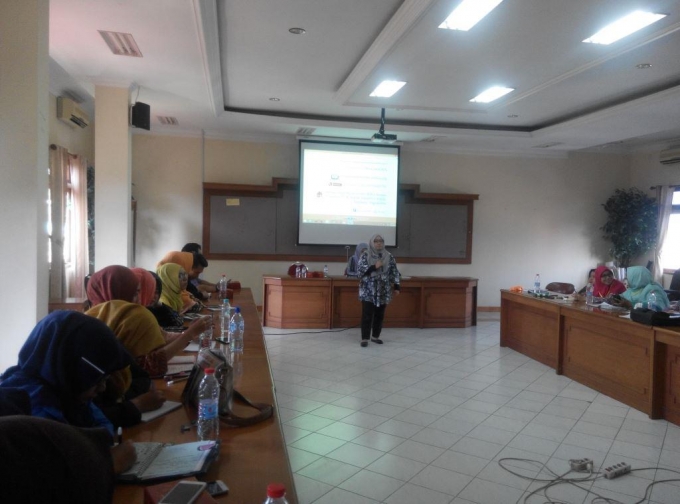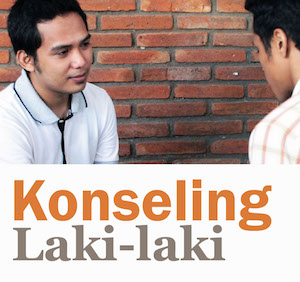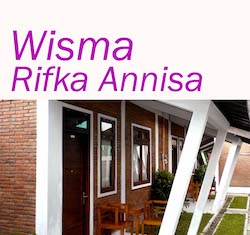It has become an annual program for the second semester students of Professional Masters in Clinical Psychology from the University of Islam Indonesia (UII), to make visits to various NGOs that are related to the topics they are studying. On the 30th of August 2016, they chose to visit the Rifka Annisa Women’s Crisis Center regarding the psychological treatment of the women victims of domestic violence.
The keynote speaker at the event was Defirentia One, from Public relation and Media Division, assisted by Indiah Wahyu Andari from Assistance and Counselor Division Rifka Annisa WCC. The event started at 08.30 am and took place in the Rifka Annisa WCC’s Hall. The opening was presented by One, describing Rifka Annisa WCC Profile. The event continued with an open discussion session that consisted of 25 students and a lecturer of Professional Masters of Clinical Psychology from UII.
Before they got into the main topic, One explained that the root causal of violence against women is cultural construction that exalts one gender towards the other gender, which happens to be women, it causes a general assumption that women are inferior. They assume that gender is given from God. In fact it is just a cultural construction matter that led to injustice for one gender. As a result, often the party that is disadvantaged is women. This kind of culture shapes the society to justify the behavior of men when they committed to violent acts and tend to blame women when they become victims of violence.
The statement led to a large crowd response from the audiences, many of them asking questions to the speakers regarding the issue. One of them raised a question about the religious perspective on gender since she found that there was a verse in the Holy book that mentions men’s position is higher than women. Indiah, the speaker responded by stating that it depends on how someone interprets it. “It’s just a matter of interpretation” she added.
During this time, the interpretation is still dominated by male scholars that can lead to gender bias. Indiah emphasized that interpretation can be divided into three types, those are traditional, moderate and progressive.
For the interpretation of Surah An-Nisa verse 34, the traditional view would state that men and women are not equal. A moderate view sees the verse comparing male and female functions. So in many cases, men could be the leader and vice versa, while the progressive view is almost equal to moderate but it leaves all the mainstream views behind and concludes that there should be a link between men and women.
Furthermore, Indiah described the framework of the Rifka Annisa WCC in assisting victims of domestic violence by psychological approach. It starts by doing an assessment because most of the victims of violence tend to blame them self for what had happened.At this stage, it is crucial to rebuild the victims confidence by shifting the perspective that the incident was not their fault and they had no reason to be ashamed of.
It was the social construction that made it look like it was their fault. However, not just a few of the victims found it hard to tell the stories to the counsellors. If this kind of case occurred, then the victims would need a special treatment that suitable for their conditions at the time. It requires the counsellors to leave all their judgments behind and listen more to the clients instead.
The event lasted for three hours and then was closed by giving souvenirs from the students of Professional Masters in Clinical Psychology from the University of Islam Indonesia (UII) to Rifka Annisa WCC. One of the students, Raras Indah Fitriana (24) stated that this event has fulfilled her colleagues’ and her expectations before visiting the Rifka Annisa WCC. "The most interesting topic was when the speaker described the construction of gender ingrained in our culture and that gender equality is still considered absurd in our society," she said.








